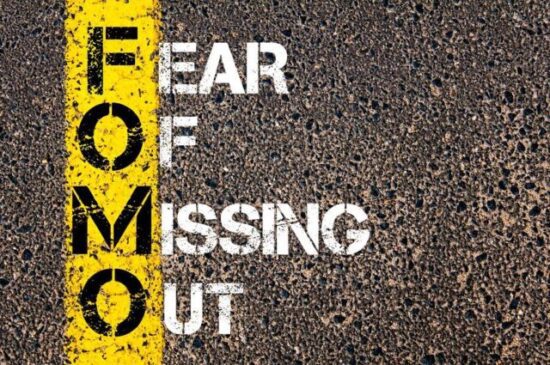
Understanding Your Fertility

This is a collaborative post
For couples trying to conceive, women should be ovulating regularly and men should be producing healthy sperm. It’s not just about these requirements, it’s also about understanding how monthly cycles work and having a healthy reproductive system in order to maximise your chances of getting pregnant.
This guide from this egg donation clinic in London will show you how to understand the fertility process to give you the best chances to conceive.
Planning for pregnancy
If you and your partner are ready to bring a child into the world then there are few ways that can help the process along. Firstly you should aim to have a healthy diet, reduce your alcohol intake and not be a smoker.
There are also other precautions you can take such as folic acid supplements, certain tests if you have a long term health condition or immunocompromised illnesses to make your doctor aware of. You should speak to your GP about your pregnancy so that they can advise you correctly.
Women’s ovulation cycles
Understanding your partner’s menstrual cycle determines the likelihood of you conceiving a child. Ovulation usually begins 10 – 16 days before your period starts which is a key time in trying to conceive.
In order to determine when ovulation has started couples can use ovulation predictor kits and what time of the month your period tends to occur. This is a key fertility window that should be timed correctly in order to maximise your chances.
How long it can take to get pregnant
With a healthy fertility cycle it’s very likely to become pregnant within 12 months. It’s not a guarantee, but your chances are maximised if you follow the right processes, have regular sex each week and is within the key fertility window.
Those with mild – serious fertility issues are expected to increase the time for conception, but it doesn’t mean that it’s not possible to conceive earlier. With regular conversations at your GP surgery there will be a process laid out by them to help you improve your chances to conceive.
It can also depend on your age. In your twenties you are viewed as within the most likely period to conceive children, although not always the case. As you age the likelihood decreases, with it being unlikely (though not impossible) to conceive in your 40s and towards menopause age. The recommendation is if you’re unable to conceive within 12 months then
you should talk through your options with your GP.


















































